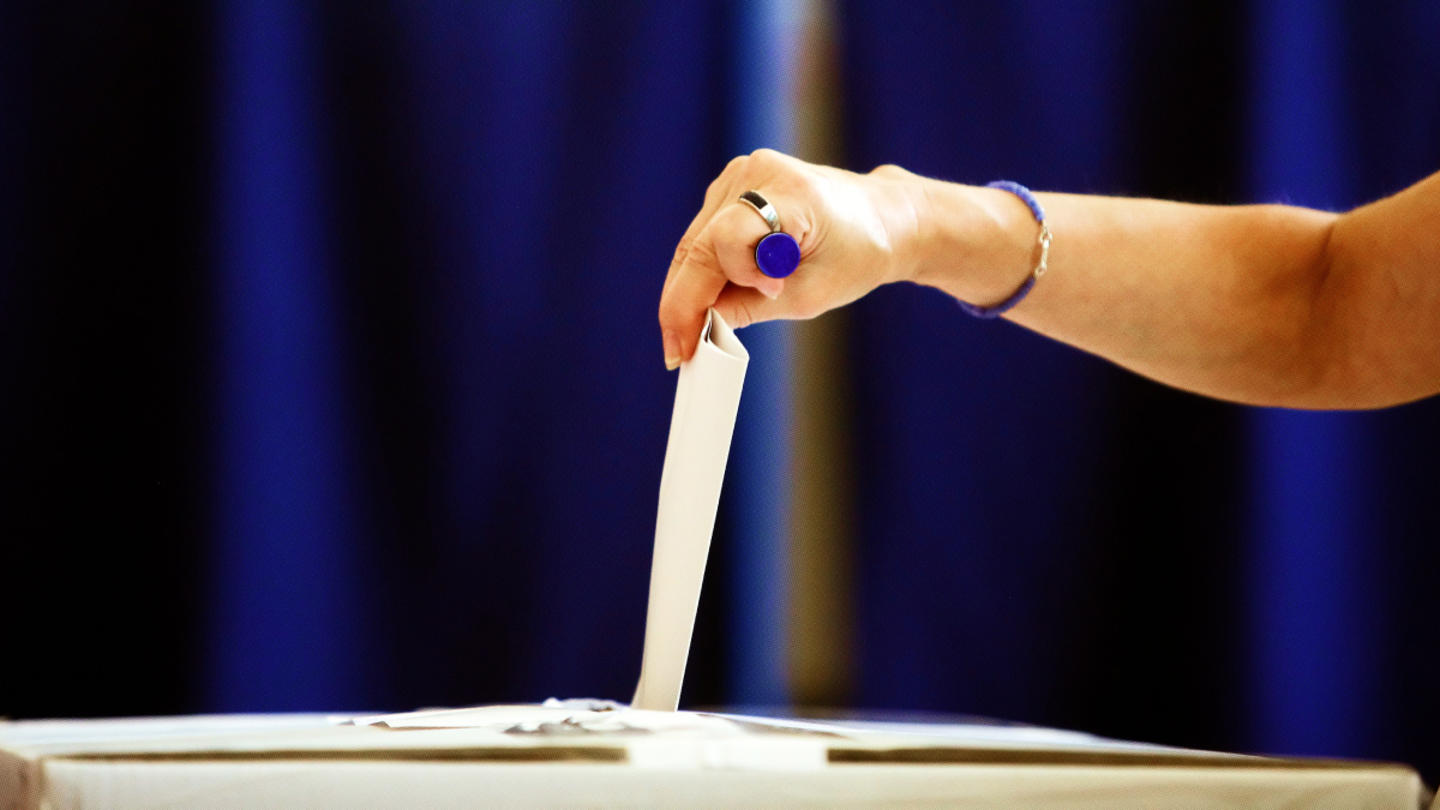This federal agency is leaving one business in legal limbo.
Jake’s Fireworks is a prime example of the American Dream: Founded in 1940 by the Marietta family in Pittsburg, Kansas, the family-run business has played a huge role in the nation’s fireworks industry, with distribution centers in seven states and customers in over 20.
But for the past decade, Jake’s has been unable to conduct business as usual.
While every growing business has its challenges, Jake’s has faced the threat of federal prosecution and expensive penalties because one of its products might sometimes make the wrong type of noise. Worse, the company has been told it can’t challenge these threats in court, leaving millions of dollars of inventory unused and no clear path to resolution.
And Jake’s isn’t the only business that’s been caught in this legal limbo.
“It is all too common for agencies to bully people through informal threats and notices,” says Oliver Dunford, senior attorney at Pacific Legal Foundation, which represents Jake’s. “It’s one of the most pernicious due process failures within government agencies. It’s also unconstitutional.”
Recent court decisions have made it clear that agencies cannot issue threats that spell out punishments and then say they’re not “final” to avoid litigation. Yet, that's precisely what has happened with Jake’s — and other organizations, businesses, and families.
“A small business is more likely to comply with a government threat, even if it’s wrong, simply to keep their business moving,” Dunford explained. “But that gives power to unelected agency employees who, in some cases, aren’t equipped and were never meant to have so much power over people.”
This couldn’t be clearer than in the case of Jake’s Fireworks.
The surprisingly unofficial regulatory test
The Consumer Product Safety Commission enforces some of the nation’s fireworks laws. The commission has adopted a regulation restricting consumer use of hand-held pest-control devices that detonate at ground level, creating an exceptionally loud noise to scare away pests. Typically, the regulation applies to devices based on a specified level of explosive power.
But the commission created an astonishingly arbitrary noise test that consists of agency staff — sometimes a single employee — launching fireworks samples into the air and listening for the sound they make. Under this questionable interpretation of federal law, a “pop” or “poof” is legal. A “boom” or “bang” is not.
Between 2014 and 2018, Jake's received notices alleging that millions of dollars' worth of its products failed the so-called "poof/bang" test. The notices demanded the destruction of the fireworks or threatened civil penalties exceeding $15 million if the products were sold.
Seeking to comply with the CPSC, Jake’s submitted evidence that its products aren’t even subject to the regulation the agency wants enforced. The agency’s own records confirm this fact.
Sign up for the Stand Together newsletter and get stories, ideas, and advice from changemakers to help you tackle America’s biggest problems.
Left in legal limbo
The resolution could have been simple if the agency had acknowledged Jake’s efforts to clear up the issue. Instead, CPSC ignored Jake’s evidence.
So, Jake’s sued in federal court — twice. Both times, the court agreed with the CPSC that its notices were not “final agency actions” and therefore couldn’t be challenged in federal court under the Administrative Procedure Act.
Jake’s is sitting on over $2 million of fireworks it cannot sell because the CSPC says they are banned. But the company has been stripped of the right to challenge the CPSC’s determination because the CSPC refuses to deem its actions “final.” A unanimous Supreme Court said in Sackett I and again in Hawkes — both Pacific Legal Foundation wins — that government agencies can't make definitive legal and factual conclusions, spell out punishments for non-compliance, and then claim such decisions aren’t “final.”
For Jake’s, this is a matter of holding a government agency accountable to the rule of law and protecting its business. If Jake’s were to sell the disputed fireworks, the agency could use the supposedly nonfinal notices as evidence of willful violations and hit Jake’s with even more severe penalties.
Like all Americans, Jake's is entitled to clarity on the final agency action and an opportunity to challenge it in court.
“Without the right to challenge government bullying, everyone’s civil liberties could go ‘poof,’” said Casey Mattox, vice president for legal strategy at Stand Together. “Cases like Jake’s are critical for ensuring that federal bureaucrats cannot abuse their power and prevent those who are harmed from seeking redress through the justice system. Jake’s Fireworks couldn’t have a better team than PLF on its side.”
Pacific Legal Foundation is supported by Stand Together Trust, which provides funding and strategic capabilities to innovators, scholars, and social entrepreneurs to develop new and better ways to tackle America’s biggest problems.
Learn more about the Stand Together community’s constitutionally limited government efforts, and explore ways you can partner with us.

Protecting the constitutional rights of patients and medical providers.

The government can’t take more than it’s owed.

FIRE’s College Free Speech Rankings provide insights on the state of free speech – not just on campus.

Here’s a hint: It’s not policy disagreements
